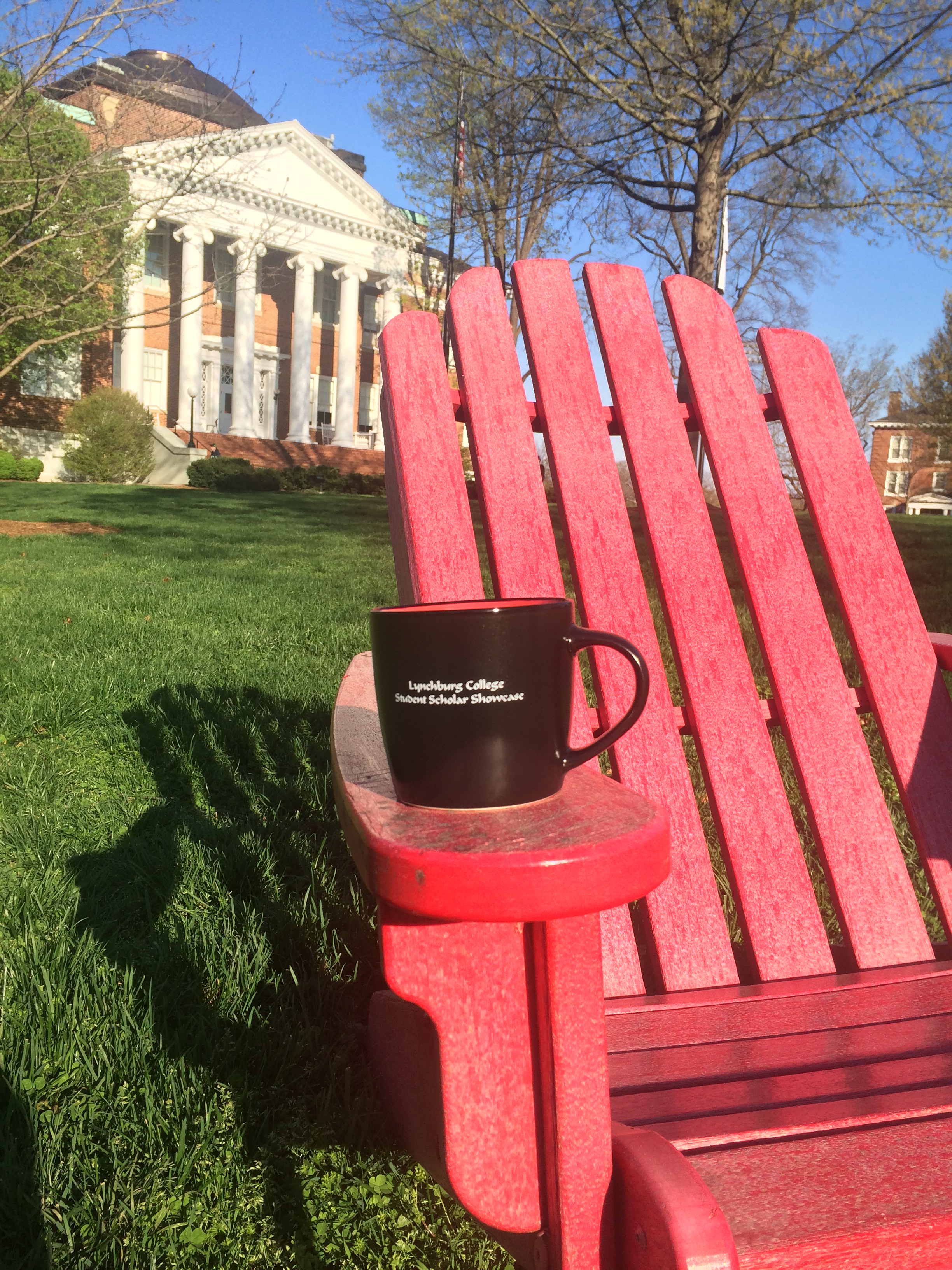
Access Type
Open Access
Entry Number
118
Start Date
4-5-2017 9:15 AM
End Date
4-5-2017 9:30 AM
Department
Psychology
Abstract
An increasing number of college students are participating in study abroad programs across the United States. The effectiveness of these study abroad trips on second language acquisition is an important topic for research. Previous studies have shown that there are differences for second language acquisition when it comes to the context of language learning (eg. classroom vs. abroad) as well as the duration of study abroad trips. The present study examined the effects of studying abroad versus formal classroom instruction on second language acquisition. In addition, the purpose of the study abroad trip was examined (e.g. learning Spanish, teaching ESL). To gauge the impact of these variables on language learning, participants were asked to complete an oral interview, a three-word association test, and a translation recognition task. After completion of these tasks, participants were given a language history questionnaire which asked about their background with the Spanish language and languages in general. For the current study, it is predicted that the students who studied their second language while abroad will make greater gains in terms of fluency than the students who study in a formal classroom context in the United States. It is also predicted that those students who went abroad for the purpose of studying the target language will make greater linguistic gains than students who went abroad for other purposes. The results attempt to add to previous literature while also benefitting future study abroad programs and formal classroom settings.
Primary Faculty Mentor(s)
Dr. Sumutka and Dr. Hertel
Rights Statement
The right to download or print any portion of this material is granted by the copyright owner only for personal or educational use. The author/creator retains all proprietary rights, including copyright ownership. Any editing, other reproduction or other use of this material by any means requires the express written permission of the copyright owner. Except as provided above, or for any other use that is allowed by fair use (Title 17, §107 U.S.C.), you may not reproduce, republish, post, transmit or distribute any material from this web site in any physical or digital form without the permission of the copyright owner of the material.
Included in
The Effects of Studying Abroad on Second Language Acquisition
An increasing number of college students are participating in study abroad programs across the United States. The effectiveness of these study abroad trips on second language acquisition is an important topic for research. Previous studies have shown that there are differences for second language acquisition when it comes to the context of language learning (eg. classroom vs. abroad) as well as the duration of study abroad trips. The present study examined the effects of studying abroad versus formal classroom instruction on second language acquisition. In addition, the purpose of the study abroad trip was examined (e.g. learning Spanish, teaching ESL). To gauge the impact of these variables on language learning, participants were asked to complete an oral interview, a three-word association test, and a translation recognition task. After completion of these tasks, participants were given a language history questionnaire which asked about their background with the Spanish language and languages in general. For the current study, it is predicted that the students who studied their second language while abroad will make greater gains in terms of fluency than the students who study in a formal classroom context in the United States. It is also predicted that those students who went abroad for the purpose of studying the target language will make greater linguistic gains than students who went abroad for other purposes. The results attempt to add to previous literature while also benefitting future study abroad programs and formal classroom settings.

